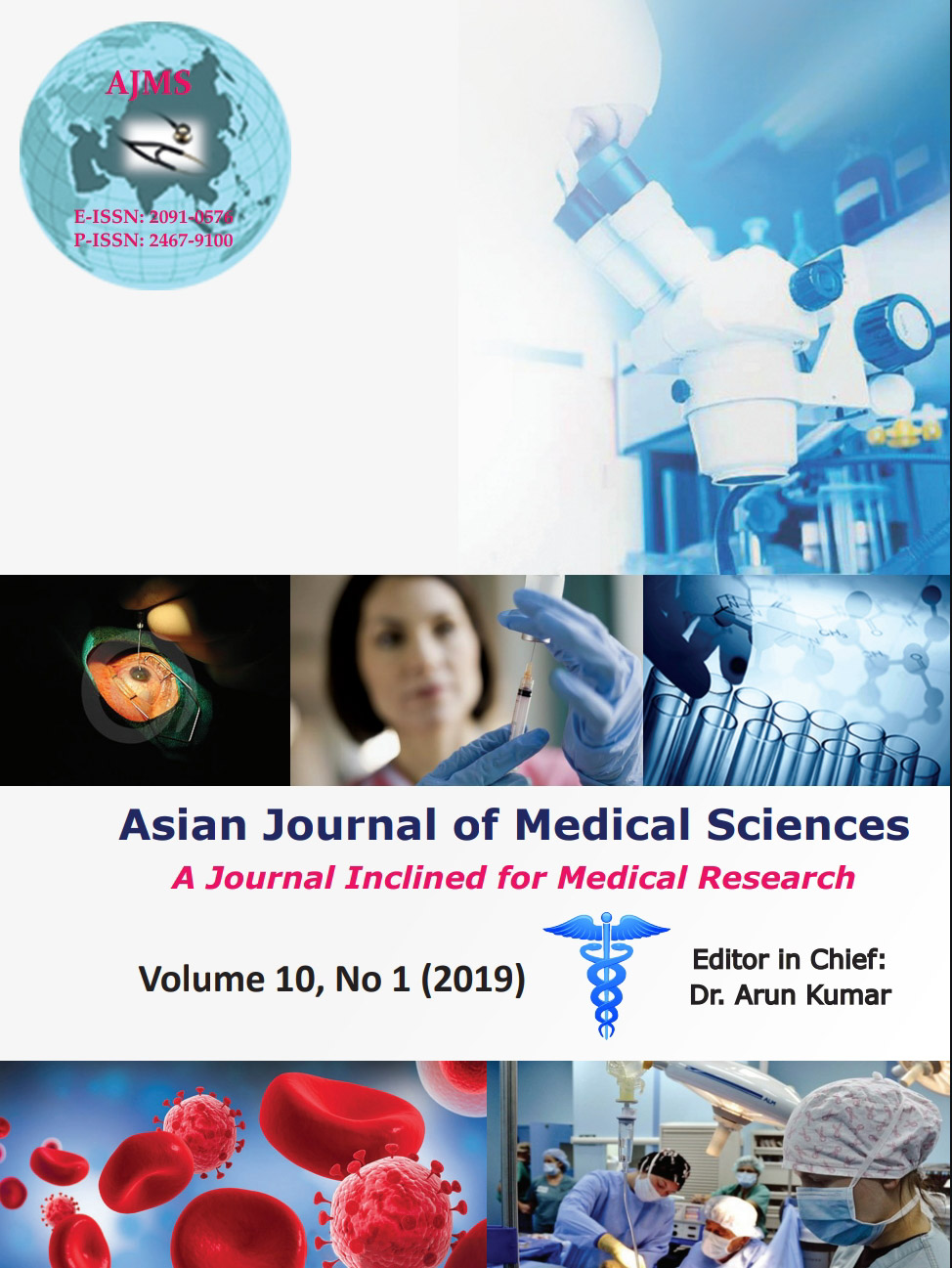The impact of obesity on cardiovascular disease risk factor
Keywords:
Body mass index, Waist to hip ratio, Cardiovascular risk, Global Prevalence, Asian, Indian, Obesity, Obesity induced inflamation, Preventional StrategiesAbstract
Obesity has emerged as the most potential cardiovascular risk factor and has raised concern among public and their health related issues not only in developed but also in developing countries. The Worldwide obesity occurrence has almost has gone three times since 1975. Research suggests there are about 775 million obese people in the World including adult, children, and adolescents. Nearly 50% of the children who are obese and overweight in Asia in are below 5 years. There is a steep incline of childhood obesity when compared to 1971 which is not only in developed countries but also in developing countries. A considerable amount of weight gain occurs during the transition phase from adolescence to young adulthood. It is also suggested that those adults
who were obese in childhood also remained obese in their adulthood with a higher metabolic risk than those who became obese in their adulthood. In India, the urban Indian female in the age group of 30-45 years have emerged as an 〝at risk population” for cardiovascular diseases. To understand how obesity can influence cardiovascular function, it becomes immense important to understand the changes which can take place in adipose tissue due to obesity. There are two proposed concepts explaining the inflammatory status of macrophage. The predominant cause of insulin resistance is obesity. Epidemiological and research studies have indicated that the pathogenesis of obesity-related metabolic dysfunction involves the development of a systemic, low-grade inflammatory state. It is becoming clear that targeting the pro-inflammatory pathway
may provide a novel therapeutic approach to prevent insulin resistance, particularly in obesity induced
insulin resistance. Some cost effective interventions that are feasible by all and can be implemented even in low-resource settings includes - population-wide and individual, which are recommended to be used in combination to reduce the greatest cardiovascular disease burden. The sixth target in the Global NCD action plan is to reduce the prevalence of hypertension by 25%. Reducing the incidence of hypertension by implementing population-wide policies to educe behavioral risk factors. Reducing cigarette smoking, body weight, blood pressure, blood cholesterol, and blood glucose all have a beneficial impact on major biological cardiovascular risk factors. A variety of lifestyle modifications have been shown, in clinical trials, to lower blood
pressure, includes weight loss, physical activity, moderation of alcohol intake, increased fresh fruit and vegetables and reduced saturated fat in the diet, reduction of dietary sodium intake, andincreased potassium intake. Also, trials of reduction of saturated fat and its partial replacement by unsaturated fats have improved dyslipidaemia and lowered risk of cardiovascular events. This initiative driven by the Ministry of Health and Family Welfare, State Governments, Indian Council of Medical Research and the World Health Organization are remarkable. The Government of India has adopted a national action plan for the prevention and control of non-communicable diseases (NCDs) with specific targets to be achieved by 2025, including a 25% reduction in
overall mortality from cardiovascular diseases, a 25% relative reduction in the prevalence of raised blood pressure and a 30% reduction in salt/sodium intake. In a nutshell increased BMI values can predict the nature of obesity and its aftermaths in terms inflammation and other disease associated with obesity. It’s high time; we must realize it and keep an eye on health status in order to live long and healthy life.
Downloads
Downloads
Published
How to Cite
Issue
Section
License
Authors who publish with this journal agree to the following terms:
- The journal holds copyright and publishes the work under a Creative Commons CC-BY-NC license that permits use, distribution and reprduction in any medium, provided the original work is properly cited and is not used for commercial purposes. The journal should be recognised as the original publisher of this work.
- Authors are able to enter into separate, additional contractual arrangements for the non-exclusive distribution of the journal's published version of the work (e.g., post it to an institutional repository or publish it in a book), with an acknowledgement of its initial publication in this journal.
- Authors are permitted and encouraged to post their work online (e.g., in institutional repositories or on their website) prior to and during the submission process, as it can lead to productive exchanges, as well as earlier and greater citation of published work (See The Effect of Open Access).




